Sunrise gives mental health patients AI-guarded group chat
Between therapy sessions, mental health patients can feel alone. Group chat can help, but people are shy if they have to use their real name, or exposed to trolling if allowed to remain anonymous. And if there’s a need for urgent, professional care, therapists might not find out soon enough.
Sunrise Health is a new startup aiming to improve mental healthcare by combining the constant support of group chat, the openness afforded by anonymity, the guidance of professional therapists and the safeguard of artificial intelligence watching for abuse and emergencies.
Today, Sunrise Health came out of stealth to present at TechCrunch Disrupt NY’s Startup Battlefield competition. It unveiled the beta version of its group chat therapy app that’s free for patients, and licensed as software-as-a-service to healthcare providers.
However, Sunrise Health may need to change its name as investor and former Path CEO Dave Morin announced last year that he’s building a mental healthcare startup called Sunrise to fight depression.
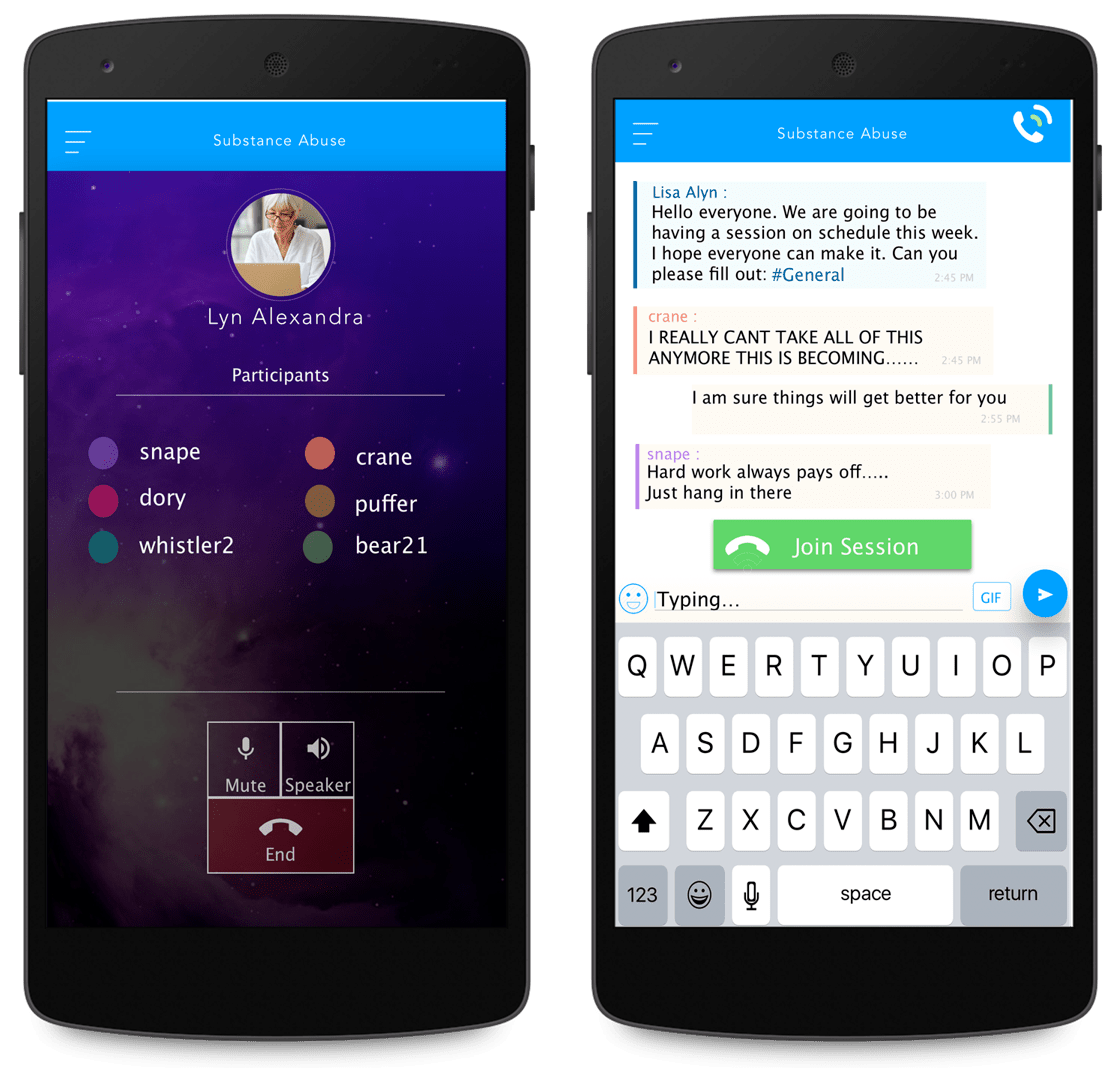
Peer-to-peer healthcare
“There is a huge gap right now between what clinicians in psychiatry are doing and what novel treatments are available through technology,” says co-founder Shrenik Jain. As a first responder, he saw mental health victims die from suicide and overdoses, but also found his fellow rescue workers struggle with PTSD yet refuse help out of fear of being stigmatized or judged.
Jain says his co-founder Ravi Shah had built a messaging app for a depressed friend in therapy because they “found the loneliness between weekly sessions absolutely crippling.” They turned that app into Beacon Health, which today is rebranding as Sunrise Health.
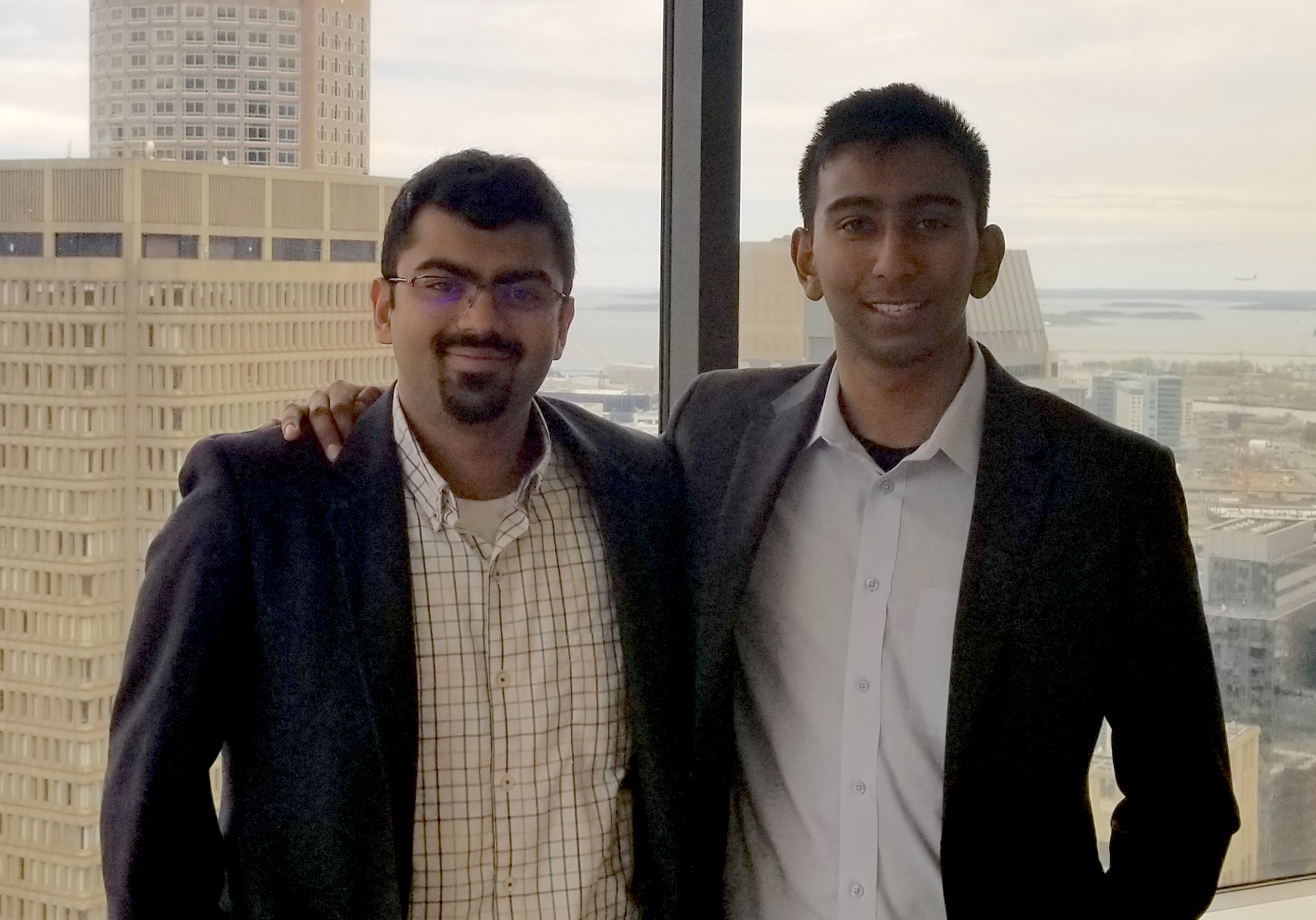
When users sign up, they select the mental health affliction they’re dealing with from a range including depression, grief, PTSD and substance abuse. Before being placed into a support group of around a dozen people with a similar condition, they’re more deeply assessed by the group’s professional therapist moderator in a one-on-one chat and given diagnostic forms to complete.
Sunrise Health users can join moderator-led VoIP group phone calls so they get an experience closer to an in-person meetup. What’s special is that in-between these sessions, patients can anonymously chat with their support group 24/7, providing them with empathy so they never feel alone.
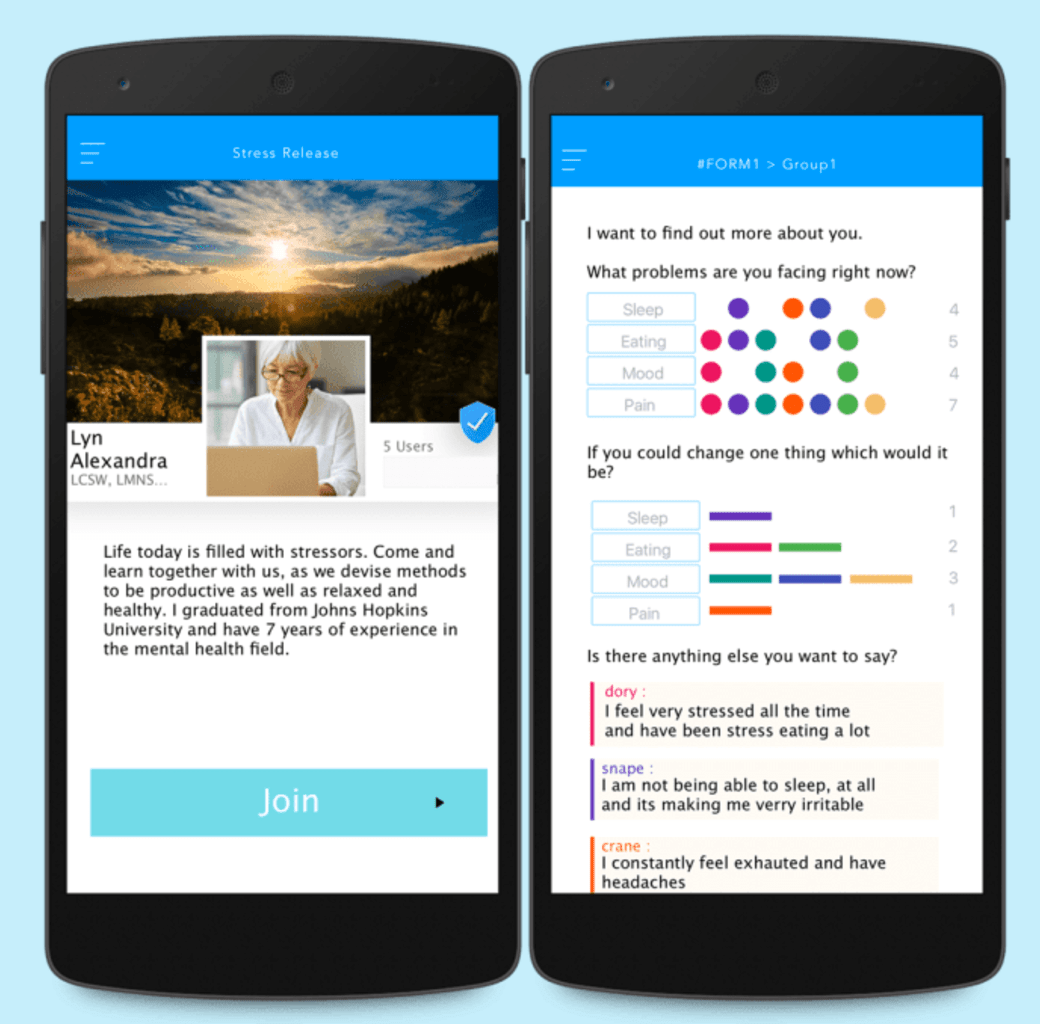
This anonymity makes people more forthcoming, and willing to share stories of vulnerability. To ensure the trust of the group isn’t violated, an artificial intelligence-based natural language processing system that can recognize and delete abusive messages is employed, while referring edge cases and emergencies to the human moderator. That way the chat stays productive, and any threats of self-harm are escalated for urgent response.
Providers can improve their efficiency through Sunrise’s always-on app, and the ability to refer patients between psychiatrists, case managers and therapists. Meanwhile, institutions can use the high-level analytics to assess the impact of their care, spot trends and pre-emptively improve care
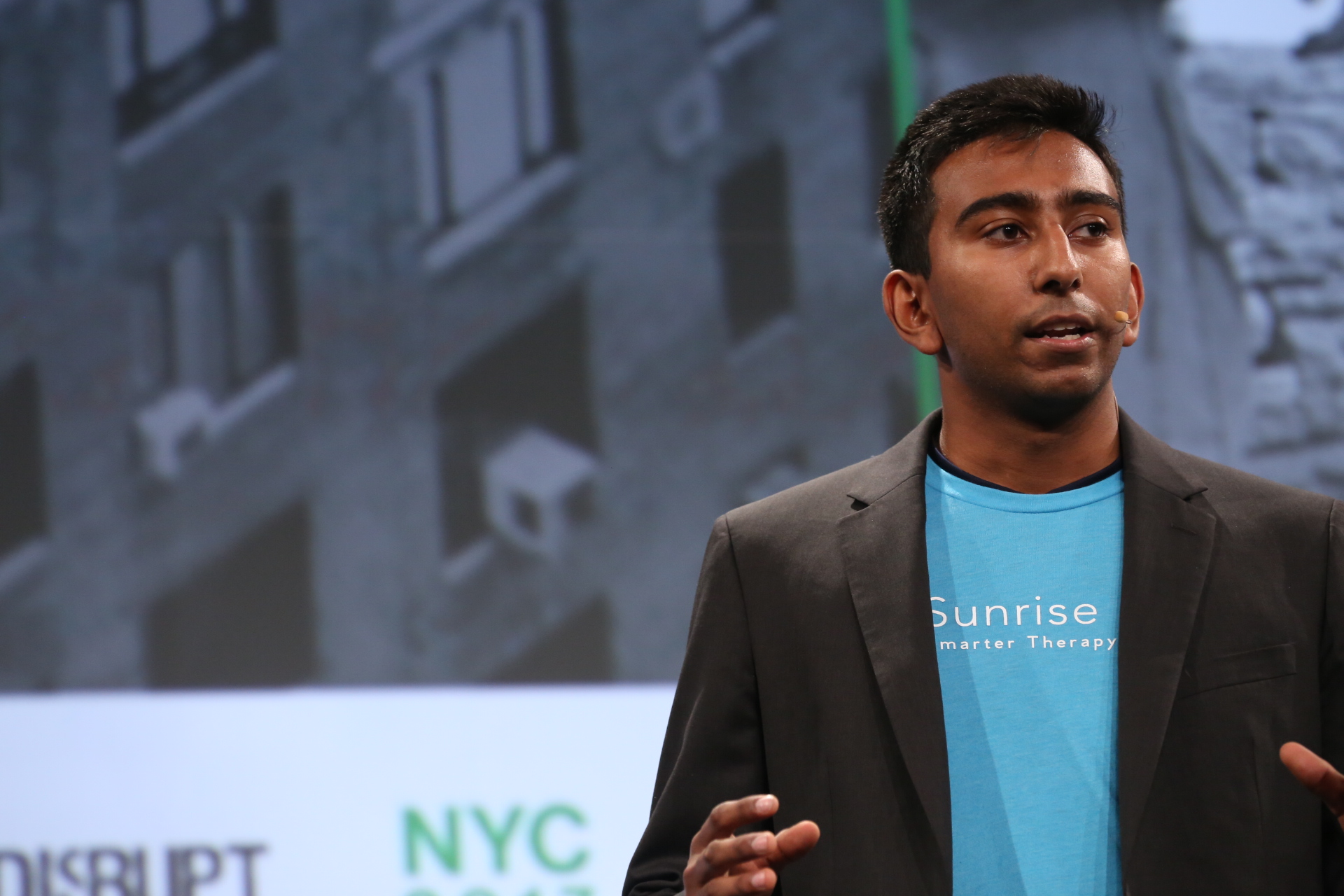
The kindness of strangers
The need for more convenient and comfortable care is clear. Sunrise says 1 in 5 Americans have a mental health condition, but a third of those victims receive no treatment. For example, a Department of Veterans Affairs study found 20 veterans die by suicide each day, and the majority of them don’t utilize the $8 billion in mental healthcare resources and therapy offered by the VA.
To serve these at-risk populations, Sunrise has raised $200,000 in cash and in-kind cloud computing credits. It’s received seed investments from TEDCO and the Abell Foundation, plus a grant from Johns Hopkins and the NIH. The startup has completed one pilot program of its app, has another running now with 30 users and has plans for five more pilots soon.
Sunrise has several Letters of Intent from metropolitan governments and healthcare systems like hospitals, plus collaborations with Johns Hopkins, Yale and Brown. But the startup will need plenty of careful testing to ensure it can deliver results without negative side effects before it starts charging organizations and healthcare providers a monthly fee for the software.
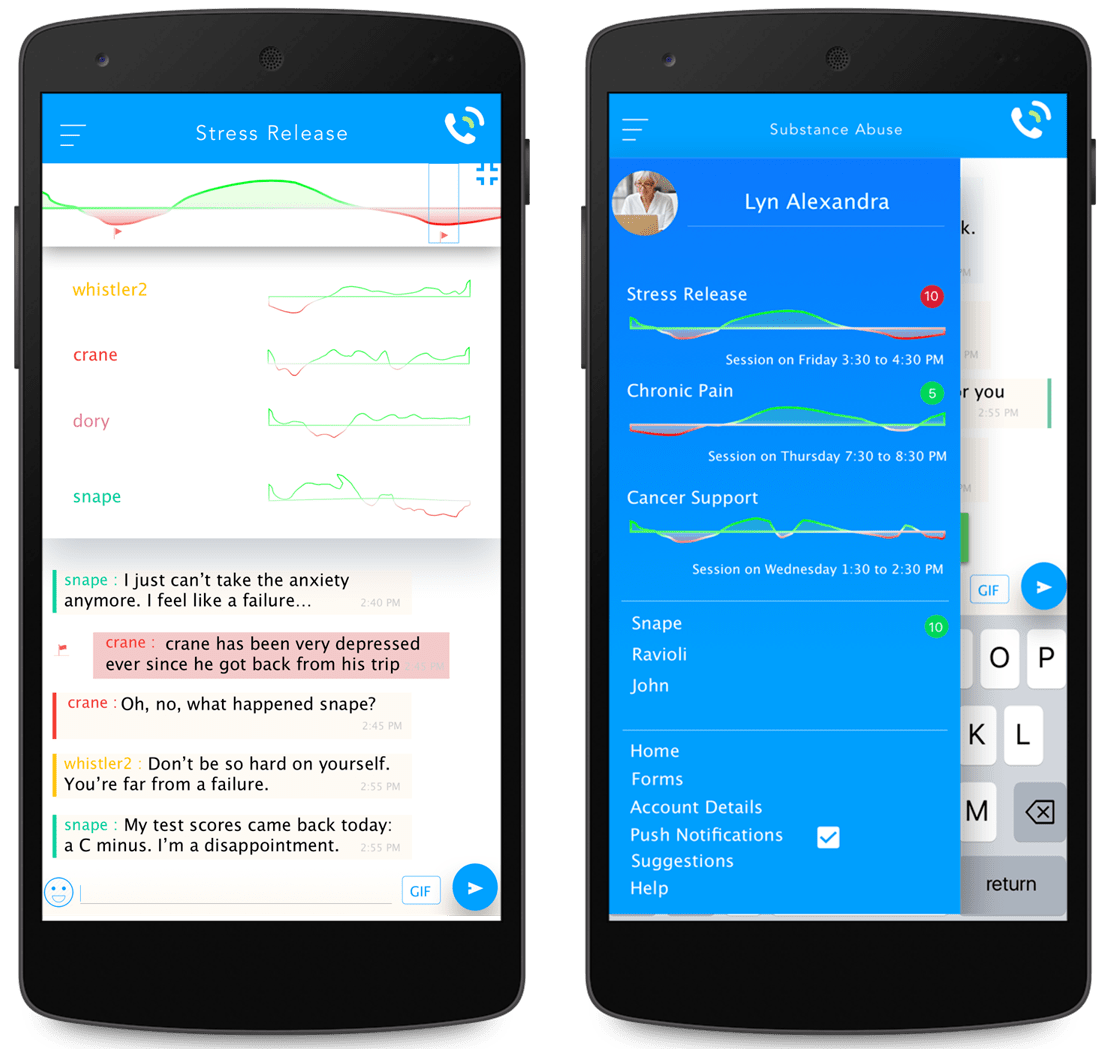
There are other text-based patient support apps, but Talkspace and Ginger.io only offer connections to professionals, or have limited response windows and volumes for $125 a month. Sunrise thinks it can stay free for users by charging the organizations that can reduce costs by paying for preventative care instead of expensive reactionary hospitalizations and medical attention.
Sunrise is putting a lot of faith in the kindness of strangers. Even with the AI safeguards, there’s still a risk of abuse, or even just apathy. It will have to prove that constant peer support can significantly augment traditional care. It may need to provide educational materials to teach users how to listen and encourage each other.
But if people are already spending their lives on their phones while simultaneously feeling lonely, there should be an opportunity to make everyone feel part of a loving community.
(Source: Techcrunch)







0 Comments